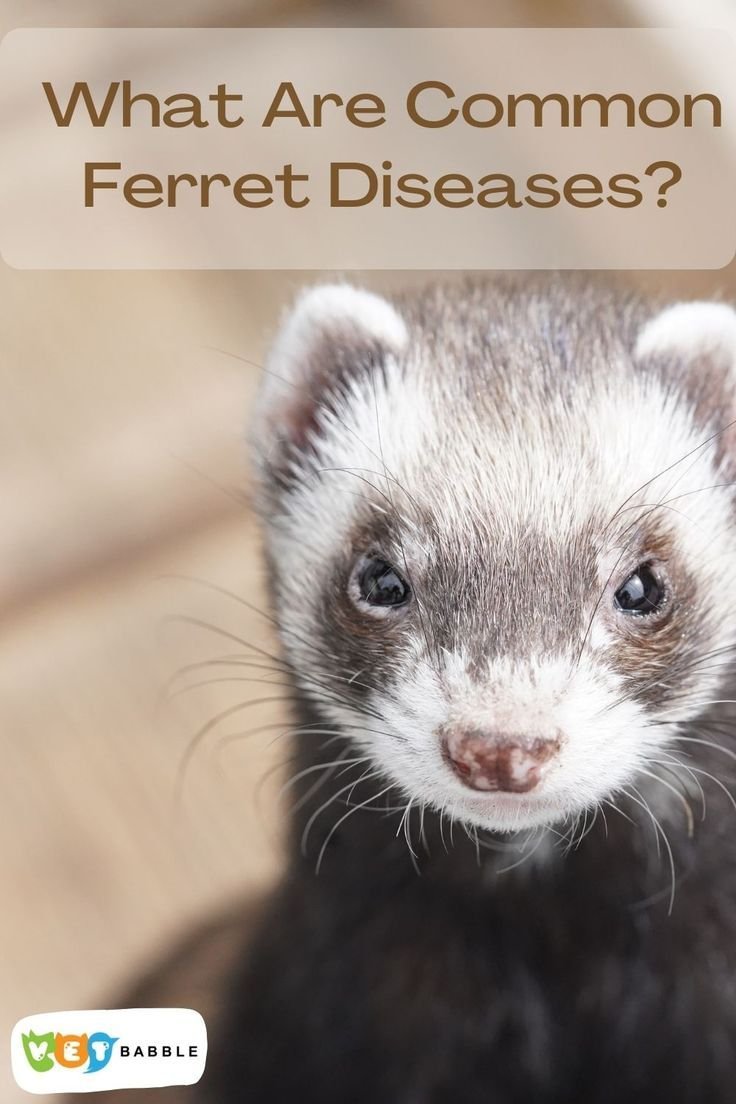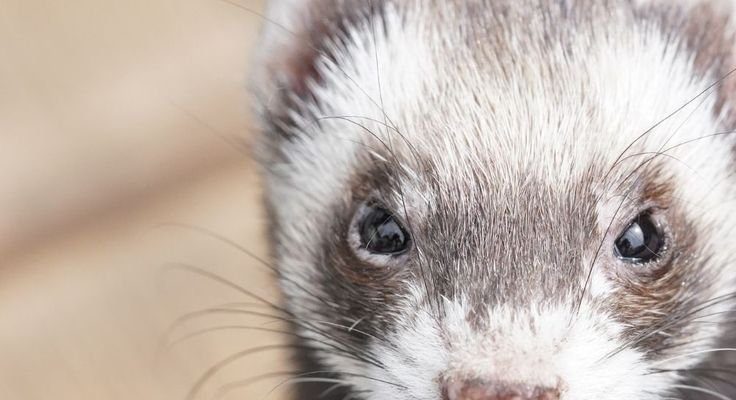
So, what are the most common health issues sable ferrets encounter, and how can we prevent them? Let’s dig into that over a virtual cup of coffee. I’ll break it down for you in a way that’s easy to understand, so you can keep your ferret healthy and happy.
Understanding Sable Ferret Anatomy and Needs
Before we jump into health issues, it’s important to know a bit about sable ferrets themselves. These compact creatures typically weigh between 1.5 to 4 pounds and have a sleek, muscular build. Think of them like little athletes; they need proper care, a stimulating environment, and a balanced diet to thrive.
Sable ferrets are also highly social animals. They thrive on interaction, both with other ferrets and their human companions. This means that a lack of socialization can lead to behavioral issues, but it can also contribute to overall health problems. Neglecting their social needs is like forgetting to water your plants; they won’t flourish without it.
Diet plays a crucial role in your ferret’s health. Sable ferrets require high-quality, protein-rich food specifically designed for them. A diet lacking in essential nutrients can lead to several health problems down the line. Feeding your ferret the right diet is the foundation for preventing many common health issues.
Adrenal Disease: The Silent Threat
Adrenal disease is a serious condition that many ferrets face, especially as they age. It occurs when the adrenal glands (located near the kidneys) produce too much hormone. This can lead to a range of symptoms, from hair loss to changes in behavior. Imagine your ferret suddenly losing its playful spirit; it can be quite concerning.
Signs of adrenal disease might include:
- Hair loss, especially around the tail and back
- Increased aggression or changes in behavior
- Weight loss or changes in appetite
To help prevent adrenal disease, regular veterinary check-ups are essential. Your vet can monitor hormone levels and catch any problems early. A balanced diet, rich in animal protein and low in carbohydrates, can also help maintain healthy adrenal function.
Insulinoma: A Blood Sugar Balancing Act
Another common ailment in sable ferrets is insulinoma, a type of pancreatic tumor that causes low blood sugar levels. It’s somewhat like having a car with fuel injection problems; if the fuel (or in this case, sugar) isn’t regulated properly, things can get messy.
Symptoms of insulinoma can include:
- Weakness or lethargy
- Seizures or tremors
- Increased hunger
To help prevent insulinoma, it’s crucial to keep an eye on your ferret’s diet. Regular feeding times can help stabilize blood sugar levels. Offering smaller, more frequent meals can also play a significant role in managing their blood sugar. And, as always, regular vet visits can lead to early detection if something seems off.
Ear Mites: Tiny Trouble Makers
If you’ve ever had a cat or dog, you might be familiar with ear mites. These tiny pests can also be a problem for sable ferrets. They can cause itching, irritation, and even secondary infections if left untreated. It’s like having a pesky itch you just can’t scratch.
Signs of ear mites include:
- Excessive scratching at the ears
- Dark, crumbly wax in the ear
- Unpleasant odors from the ear
To prevent ear mites, keep your ferret’s living area clean and free from parasites. Regularly checking their ears and consulting your vet if you notice any unusual signs can go a long way in maintaining their ear health.
Dental Health: Because Every Smile Counts
Dental care is often overlooked, yet it’s incredibly important for sable ferrets. Just like us, ferrets can develop dental disease if their teeth and gums aren’t properly cared for. Imagine trying to enjoy a meal with a toothache—definitely not fun!
You might notice signs of dental issues like:
- Bad breath
- Difficulty eating or chewing
- Red or swollen gums
To keep your ferret’s teeth clean, consider incorporating dental treats designed for ferrets into their diet. Regular vet dental check-ups can help catch any issues early. You can also ask your vet about safe brushing techniques.
Preventing Common Health Issues: General Tips
Preventing health issues in sable ferrets largely comes down to providing a good environment and regular care. Here are some general tips to keep your ferret in tip-top shape:
- Regular Vet Check-Ups: Schedule yearly or biannual check-ups with a vet who specializes in exotic pets.
- Balanced Diet: Ensure your ferret’s diet is high in protein and low in carbohydrates.
- Socialization: Spend time with your ferret daily. They thrive on attention and play.
- Clean Living Space: Regularly clean your ferret’s living area to prevent parasites and infections.
- Exercise: Provide ample space and toys for your ferret to stay active and healthy.
Caring for a sable ferret may seem daunting, but remembering these common health issues and prevention strategies can help. These little bundles of energy deserve the best care we can provide. Regular vet visits, a proper diet, and plenty of love and attention can make a world of difference in their lives.
Think of it this way: by being proactive about their health, you’re ensuring that your ferret continues to be that playful, joyous companion you fell in love with in the first place. With a little effort, you can have a healthy, happy ferret hopping around your home for many years to come.

